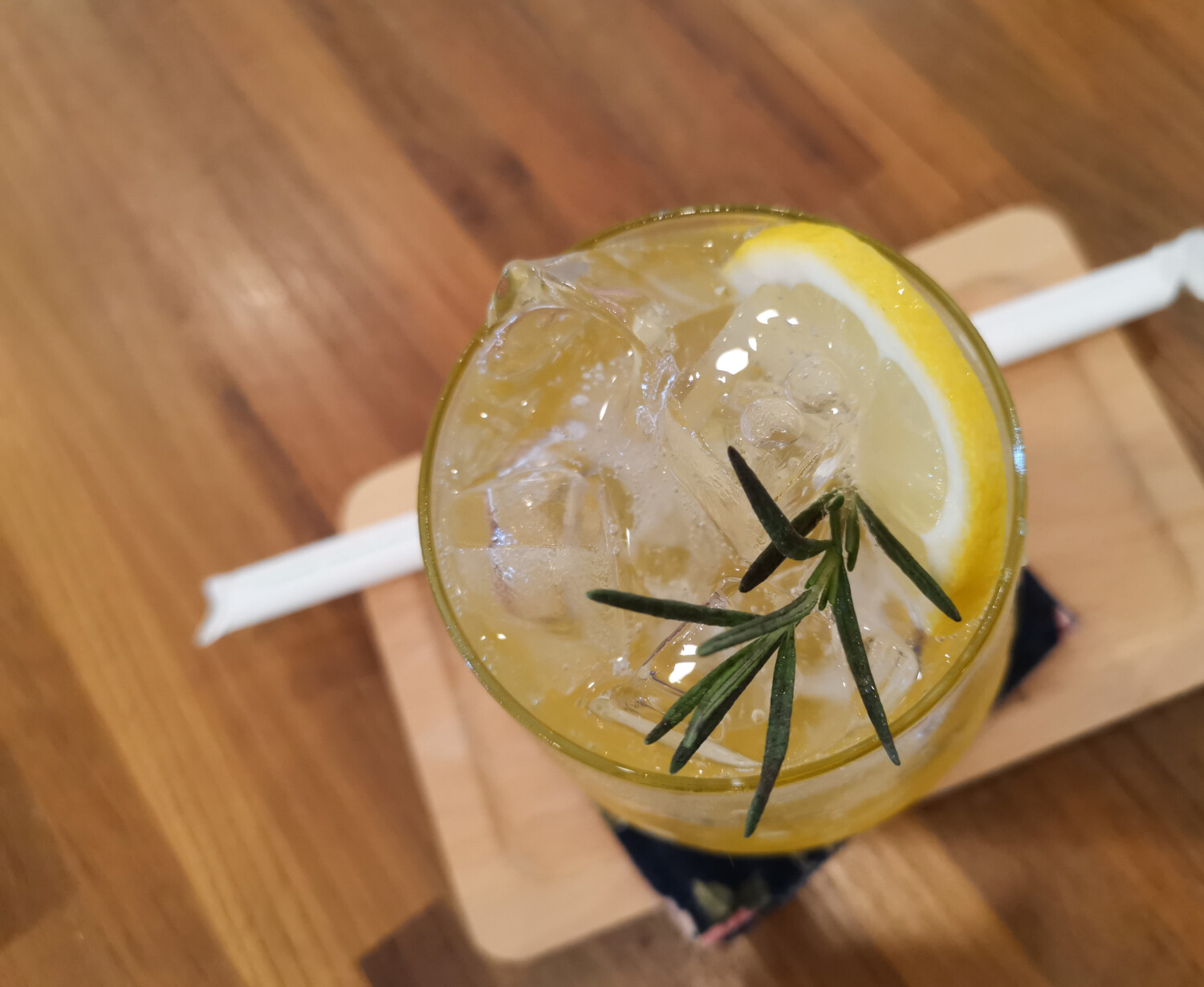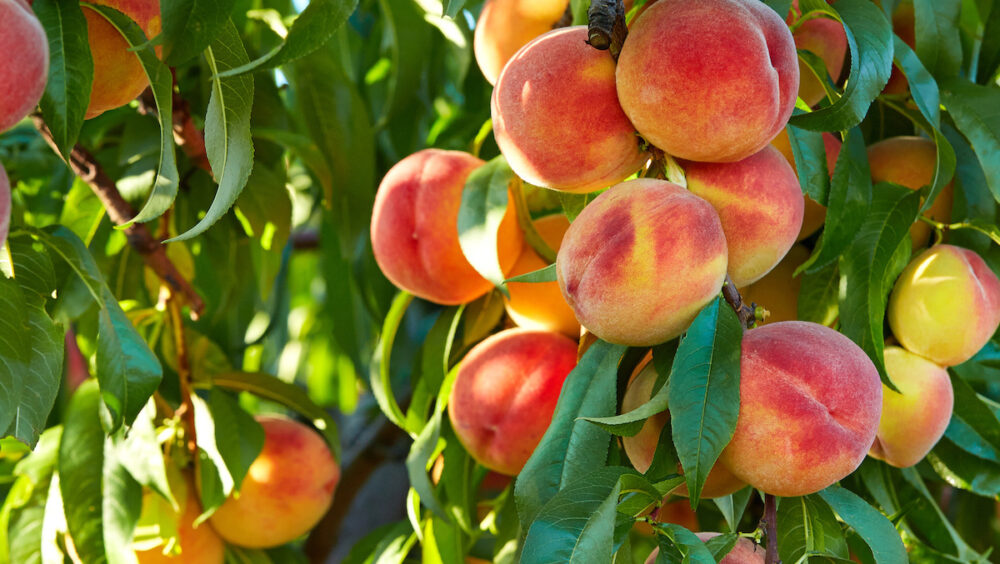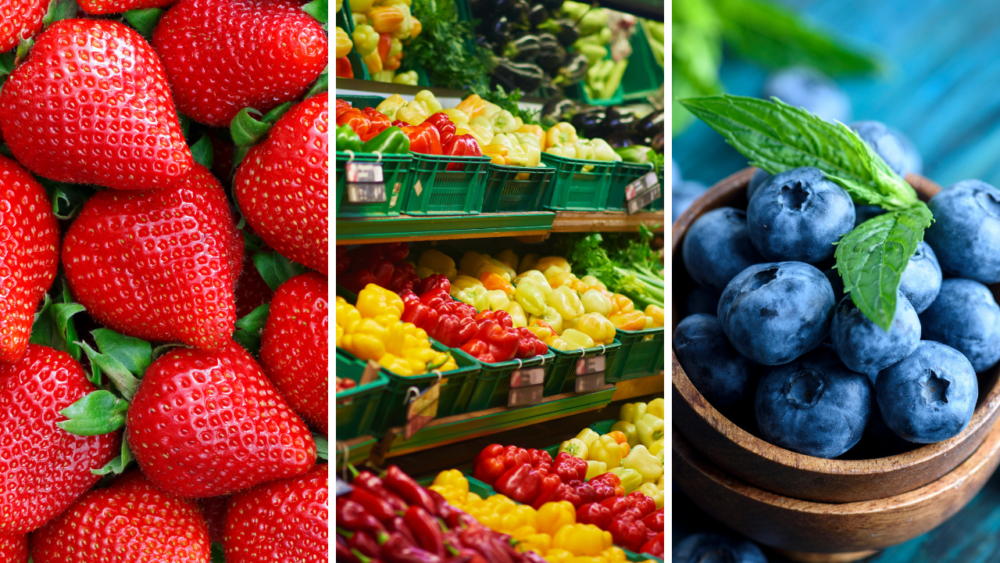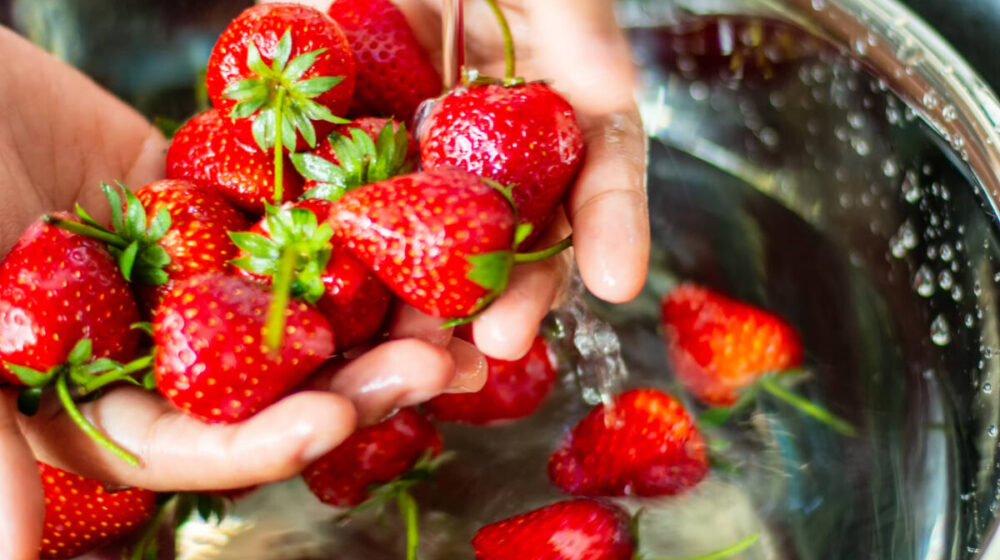Here’s what you need to know about trendy yuzu fruit
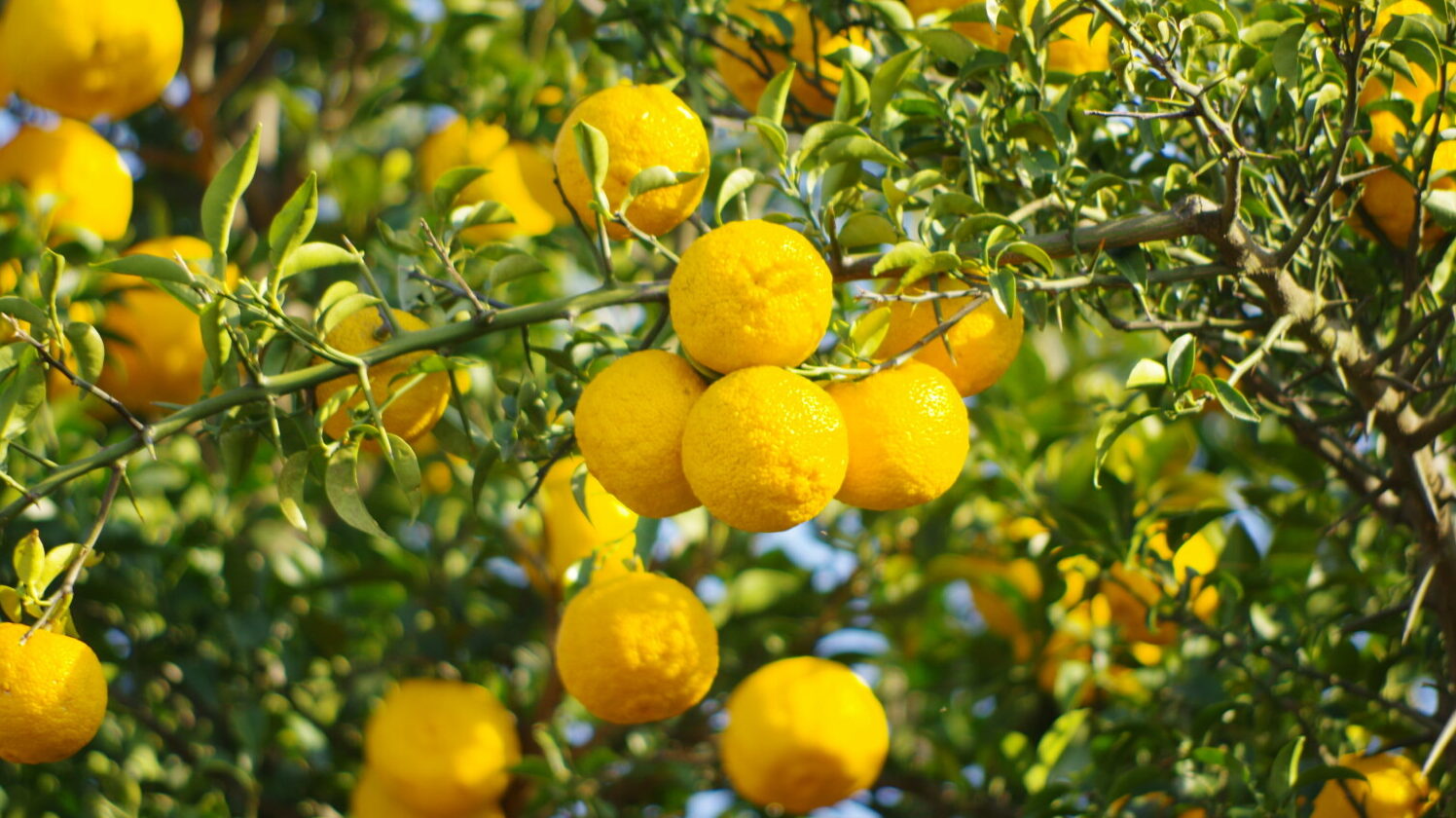
It is indeed a small world — which is why I can walk into my suburban Atlanta supermarket and find Herdez salsa casera, Huy Fong Sriracha sauce and Nasoya kimchi. And the latest exotic-sounding ingredient popping up around me? Yuzu.
It used to be only in gourmet restaurants, but yuzu is suddenly everywhere — on the labels of sparkling soda, barbecue sauce, salad dressing and even shower gel. You may be seeing it around, too. But what is it, exactly?
It’s a fruit! Grown in China and Japan, yuzu looks like a lemon but it’s a little smaller and rounder — about the size of a clementine. And just like a lemon, it has a lip-puckering tartness you wouldn’t want to bite into on its own. But its zesty flavor (which is also similar to a grapefruit or a sour mandarin orange) can add a refreshing punch to other foods, sauces, dressings and beverages. It has bumpy skin and a strong, almost floral scent.
“In Japan, it’s an integral ingredient in the citrus-based sauce, ponzu, and yuzu vinegar,” Registered Dietician Sophie Hung told Good Housekeeping. It’s also a popular ingredient in alcoholic beverages like the yuzu sour, as well as citrus-flavored iced teas.
MORE: Flavorful purple tomatoes are coming to grocery stores soon
The Japanese also use yuzu as a source of fragrant bath oil.
“The oil from its skin is marketed as a fragrance,” Hung told the magazine. “Whole yuzu fruits are floated in the hot water of the bath, sometimes enclosed in a cloth bag, releasing their aroma. The fruit may also be cut in half, allowing the citrus juice to be infused with the bathwater … The yuzu bath is said to protect against colds, treat the roughness of skin, warm the body and relax the mind.”
MORE: Does storing fruit in mason jars help it keep longer? We tested this kitchen hack
In fact, yuzu is notable (and distinct from other citrus fruits) for its distinct and fragrant scent. When researchers in a Japanese study set out to discover the effect of citrus smells on mental health, they asked people to smell yuzu for 10 minutes. They discovered that Yuzu’s scent helped to boost participants’ moods for up to 30 minutes.
That explains why my supermarket shelves offer a yuzu bath gel, hand soap, body wash and body lotion. As for the fruit itself, that’s harder to find at American grocery stores. It’s illegal to import yuzu into the U.S. due to a law that protects American citrus growers from diseases in Asian citrus groves. And while citrus growers have begun to grow the fruit here, mostly in California, the low supply makes it expensive.
But if you’re willing to pay for it, you can buy yuzu fruit and have it shipped to you directly from growers like Frog Hollow Farm in Watsonville, California, where it’s $39.99 for three pounds, and Pearson Ranch in Porterville, California. Or look for it at a local Asian grocery store. Generally, it’s in season from September through February.
Once you get your hands on one, you can zest the yuzu’s skin or squeeze its juice to use in recipes as you would a lemon or a lime. It works in both sweet and savory dishes, though keep in mind that a little of this strong and distinct-tasting fruit goes a long way!
MORE: Company delivers mini citrus trees straight to your door


